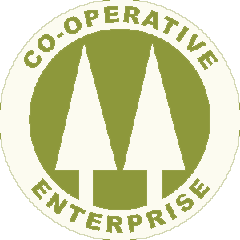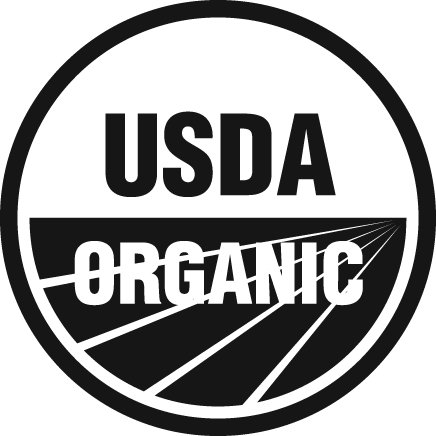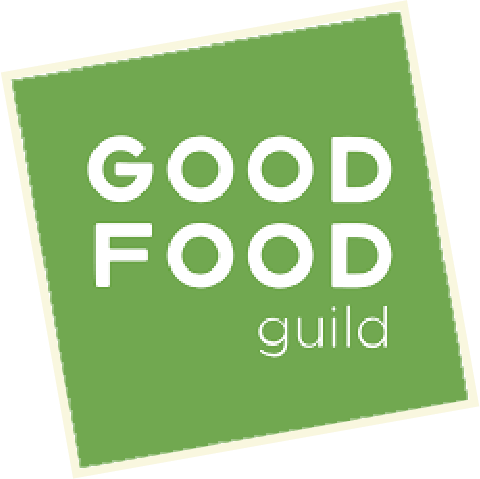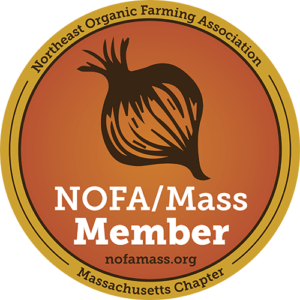
In lower Manhattan and in cities and towns across the country, thousands of people have taken to the streets to demand change. We are the 99%, they are saying, here to put an end to the societal injustices perpetuated by the 1%. Those occupying Wall Street and elsewhere are speaking out against the concentration of corporate power and its negative impact on people and ecosystems, including problems ranging from joblessness and lack of access to health care to loss of biodiversity and accelerating climate change.
Meanwhile, in western Massachusetts, a small crew is hard at work inside a solar-powered food processing facility, peeling and shredding cabbages freshly harvested from an organic farm ten miles away. The cabbage will ferment for several months, and then be sold as raw sauerkraut to stores around the Northeast.
Occupying the streets. Making organic pickles. Any connection here? I would say so.
At first glance, what happens here at Real Pickles appears to be merely ordinary business activity. Just a small enterprise trying to yield a reasonable profit by producing food for people. An observer not so familiar with the workings of contemporary America might be tempted to think it normal, as well, that we source our vegetables from a small organic farm down the road, generate our own power, sell our pickles in raw and fermented form, and only distribute within our own region. But of course, in 2011 here in the United States, there is nothing ordinary at all about such practices. Nor is it typical these days for people to be eating food produced by a small business.
While the representatives of the 99% are seeking to occupy Wall Street, we should probably be thinking of the 1% as the real occupiers. Climate activist Bill McKibben, in a recent address to the demonstrators in NYC, noted: “Wall Street has been occupying the atmosphere. That’s why we can never do anything about global warming. Exxon gets in the way. Goldman Sachs gets in the way.” Indeed, Wall Street has long been occupying many realms of our lives. And our food system is a prime example.
Local food production and distribution by small businesses certainly used to be the norm. But these days, our food system is primarily national and international in scale. It is dominated by huge corporations with massive influence over what we eat and how it is grown, processed, distributed, and sold. These companies have spent significant sums of money to convince us that there is nothing wrong with this picture. Monsanto’s public relations message is that we need them if we are to “feed the world”. Kraft Foods assures us that they’re there for us, “fighting hunger and encouraging healthy lifestyles”.
Increasingly, however, people are starting to see through the slick PR campaigns. They are starting to see connections between the corporate control of our food system and a wide variety of societal problems – the diabetes and obesity epidemics, the huge “dead zone” in the Gulf of Mexico, and ever-increasing greenhouse gas emissions, just to name a few. Indeed, I think the evidence is robust and convincing enough to say quite clearly: A global, corporate-dominated food system has profoundly negative consequences for people and ecosystems. We are, without a doubt, in need of a new food system.
Here, then, lies the connection between Occupy Wall Street and a business such as Real Pickles. Among the Wall Street protesters, some are more radical than others in their demands for change. But there appears, by and large, to be a unified determination to alter the balance of power in our society away from the corporate elite and in favor of the 99%, and thereby begin to remedy a long list of social and ecological problems.
At Real Pickles, we are doing essentially the same work. Having recognized that a corporate-dominated food system does not serve our society well, we have set about helping to build a new one. Real Pickles is small, people-centered, ecologically-conscious, and local/regional in scale; and puts out food that is authentic and nourishing. The aim is that this business will serve as a model as our new and better food system emerges. Just like those protesting on Wall Street, we also recognize that the problems stemming from corporate control extend far beyond the food system, and hope that our work has impact as part of a broader re-shaping of our society, as well.
Occupy Wall Street and Real Pickles represent different approaches to the same effort. Many approaches are needed, as there is much work to be done and no one simple path to an equitable and sustainable society. So, it is with excitement that we witness the latest social ferment on the streets. Here at Real Pickles we love fermentation! We fully support the Occupy Wall Street protests and are delighted to be engaged together in the work for a better world.
Header photo: David Shankbone




